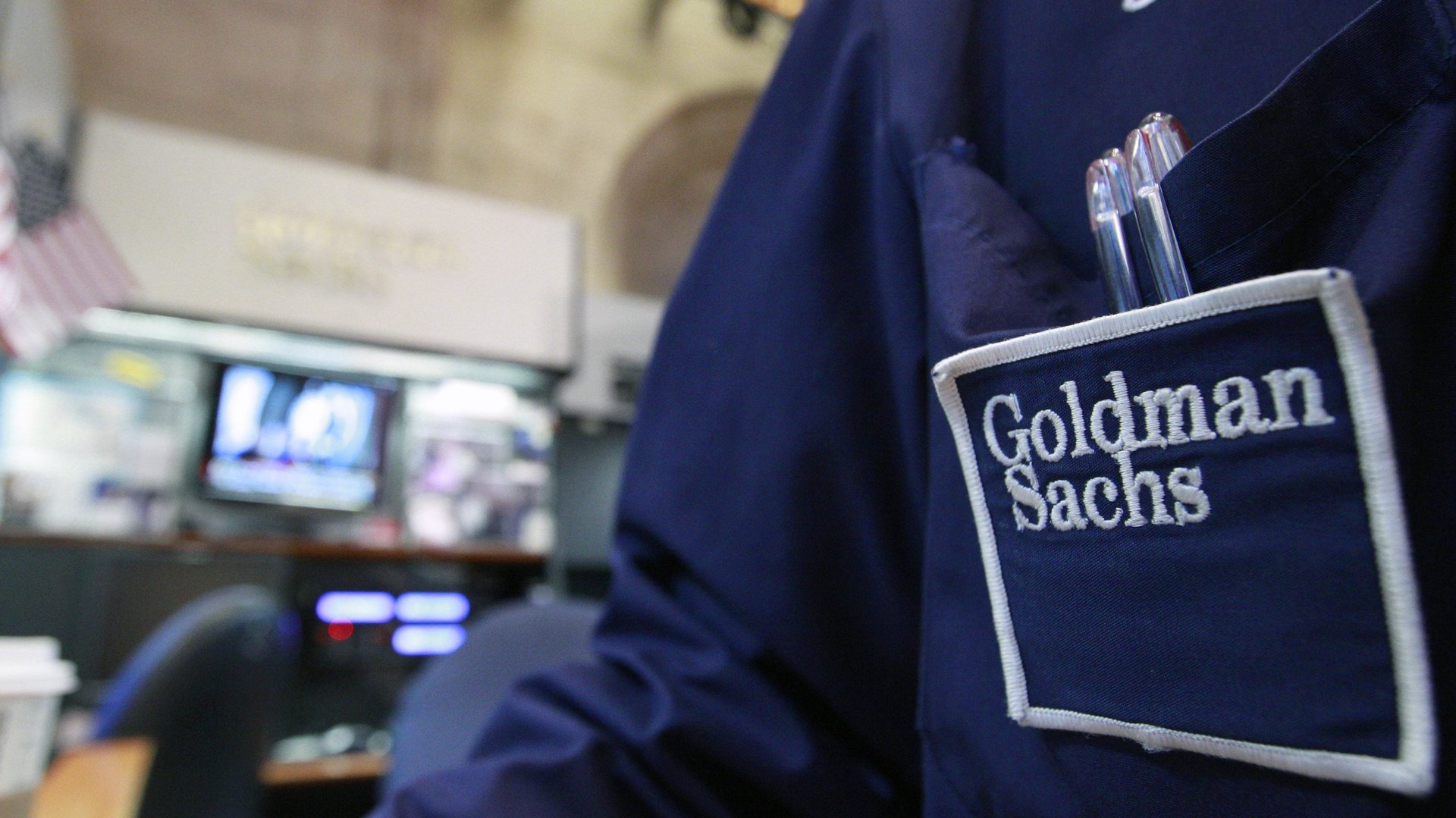To get into Goldman Sachs, you’ll have to take a personality test
Personality tests have a checkered history in employment.


Personality tests have a checkered history in employment.
They’ve been embraced by dozens of companies looking for a better understanding of its applicants and workforce. Their validity is also been questioned by psychologists, and they’ve spawned an industry one skeptic compared to astrology.
Big employers like McKinsey and General Motors use Myers-Briggs Type Indicator, which recognizes 16 personality types, organized around combinations of traits like introversion and intuition. This is despite sketchy scientific evidence that it works; it has never been evaluated in a scientific journal, according to The Washington Post (paywall).
But Goldman Sachs is undeterred.
The bank over the past few months began giving personality tests to internship candidates as part of a pilot program designed to probe beyond what can be discovered in a resumé or interview. “Take, for instance, the candidate who gets very nervous during formal, in-person interviews,” Goldman said in an emailed statement. ”This test allows us to see aspects of their personality, such as teamwork ability or judgment, that make them a strong candidate for a position.”
Goldman is using the Occupational Personality Questionnaire as its test. Candidates are given three statements, and must choose which most and least represent them. Here’s a sample question provided by Goldman:
Of the three, choose which statement most represents you and which least represents you (and one would be left blank)
I like tried and tested methods
I think about people’s behavior
I keep myself very busy
The company will compare the results with “current Goldman employees, who have already been identified as exhibiting traits that mark high performance such as teamwork, analytical thinking and judgment,” according to Reuters.
Employers are increasingly prizing soft skills—like leadership and determination—and selecting candidates based on how well they’ll fit into a corporate culture. To get a better sense of potential hires, companies are deploying diagnostic tools like video interviews, and investing in internship programs that let them test drive candidates without the commitment of hiring.
It’s unclear how Goldman arrived at the OPQ test, and whether they’ve sorted the science from the pseudoscience. But given the bank’s ruthless efficiency in matters from capital allocation to cafeteria design, it’s unlikely they’d proceed without some conviction it will work.